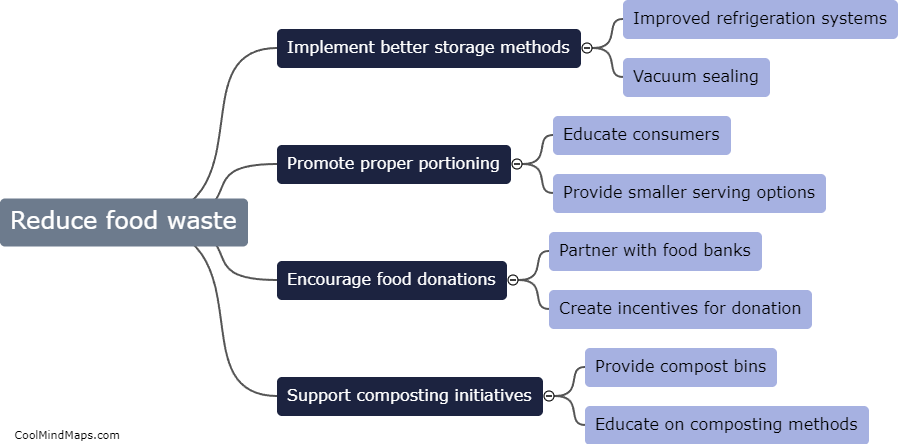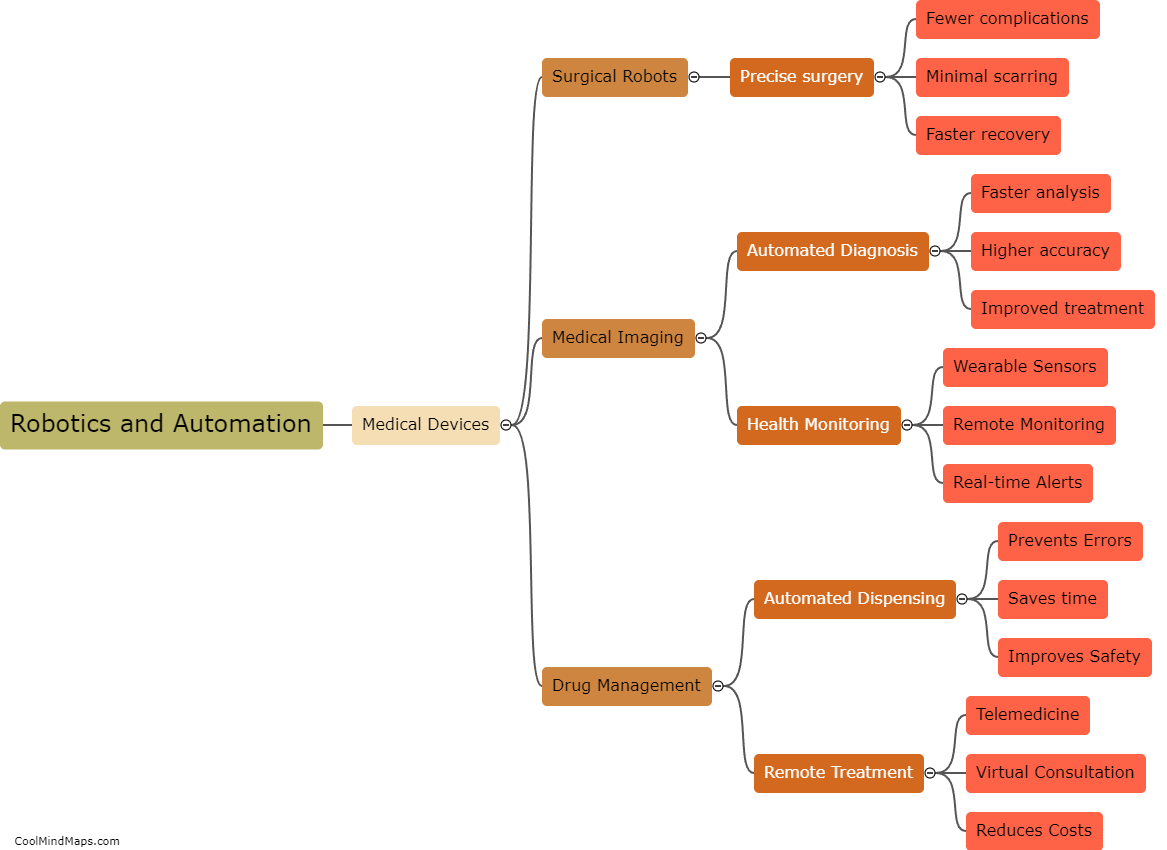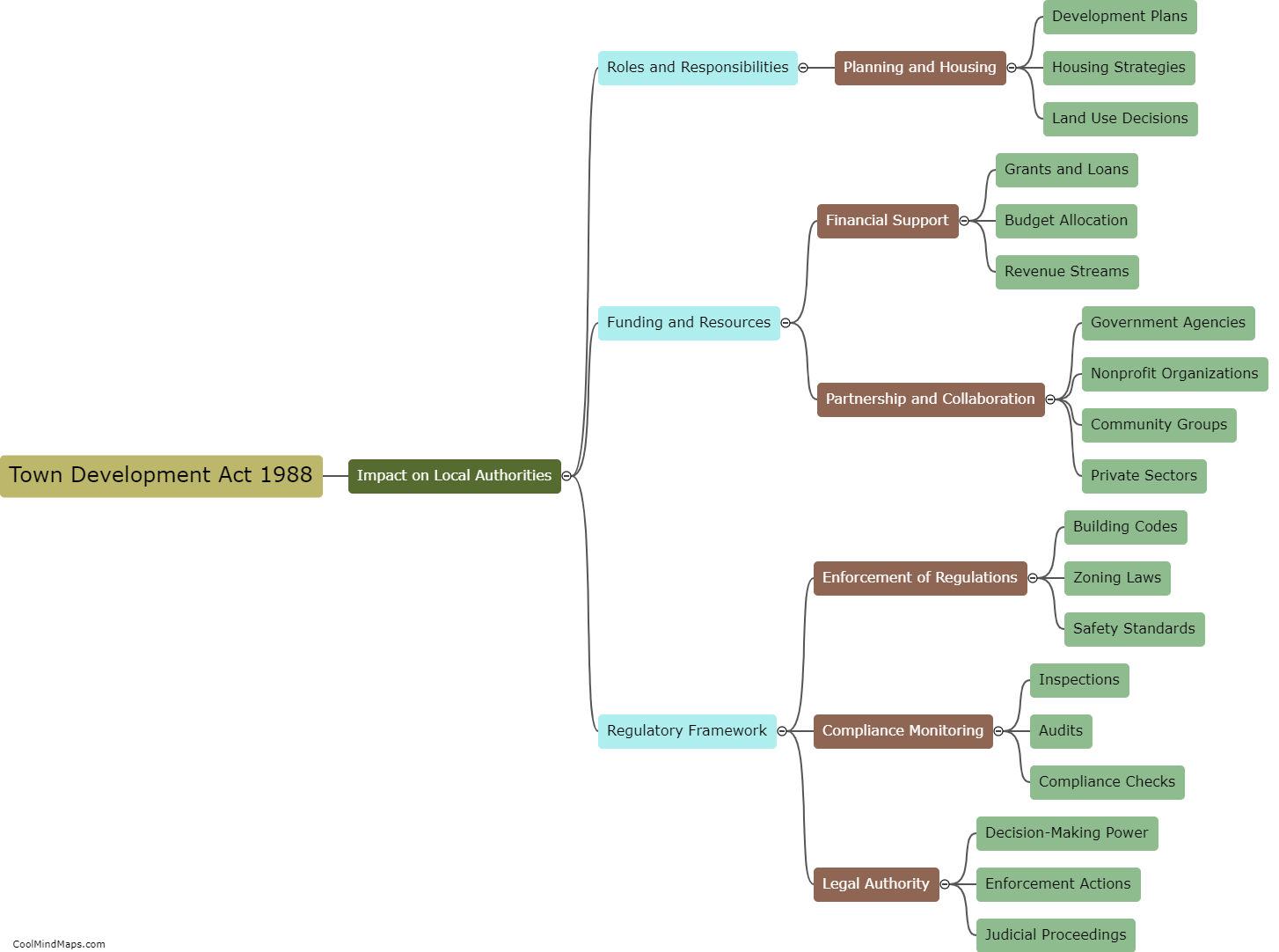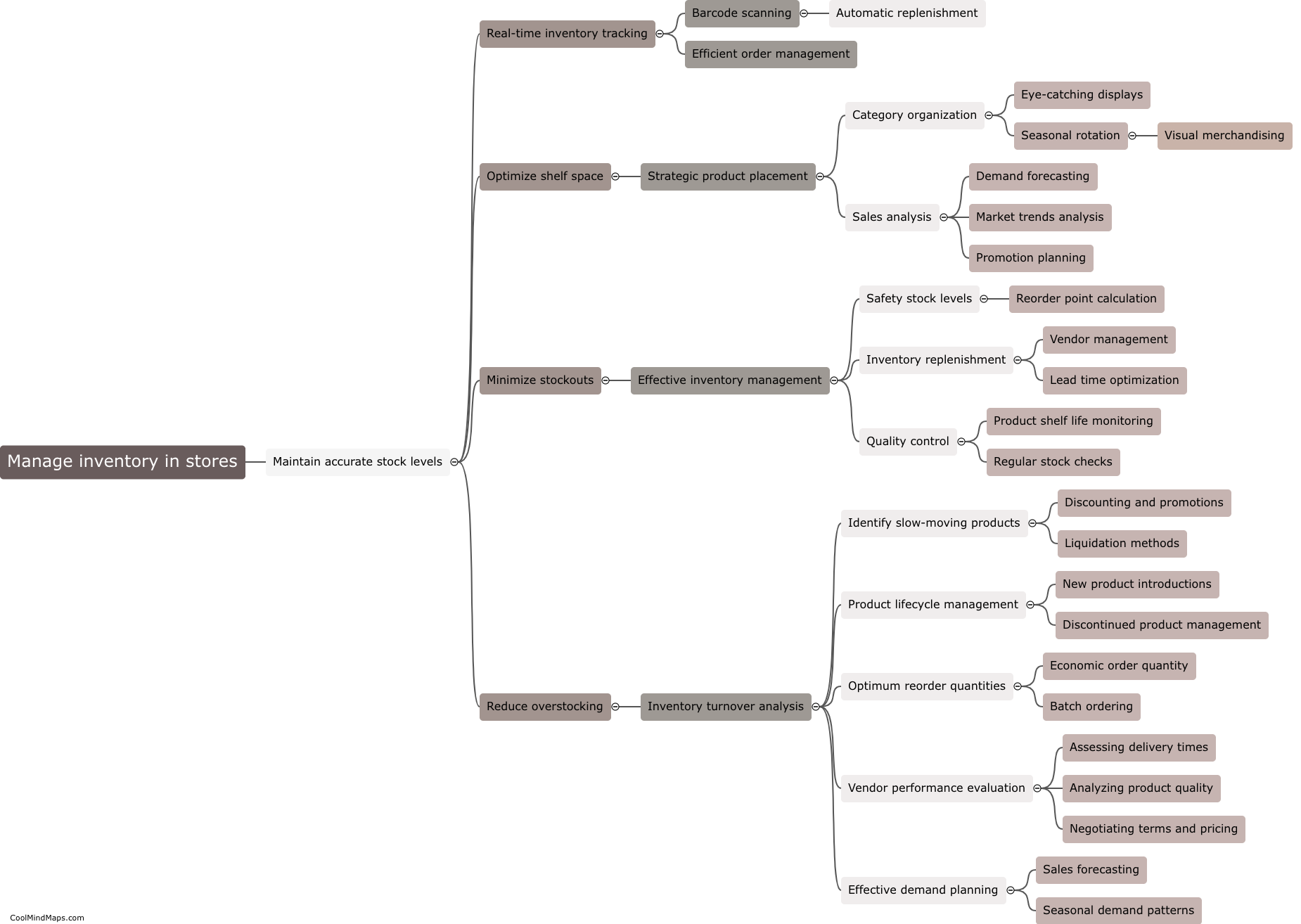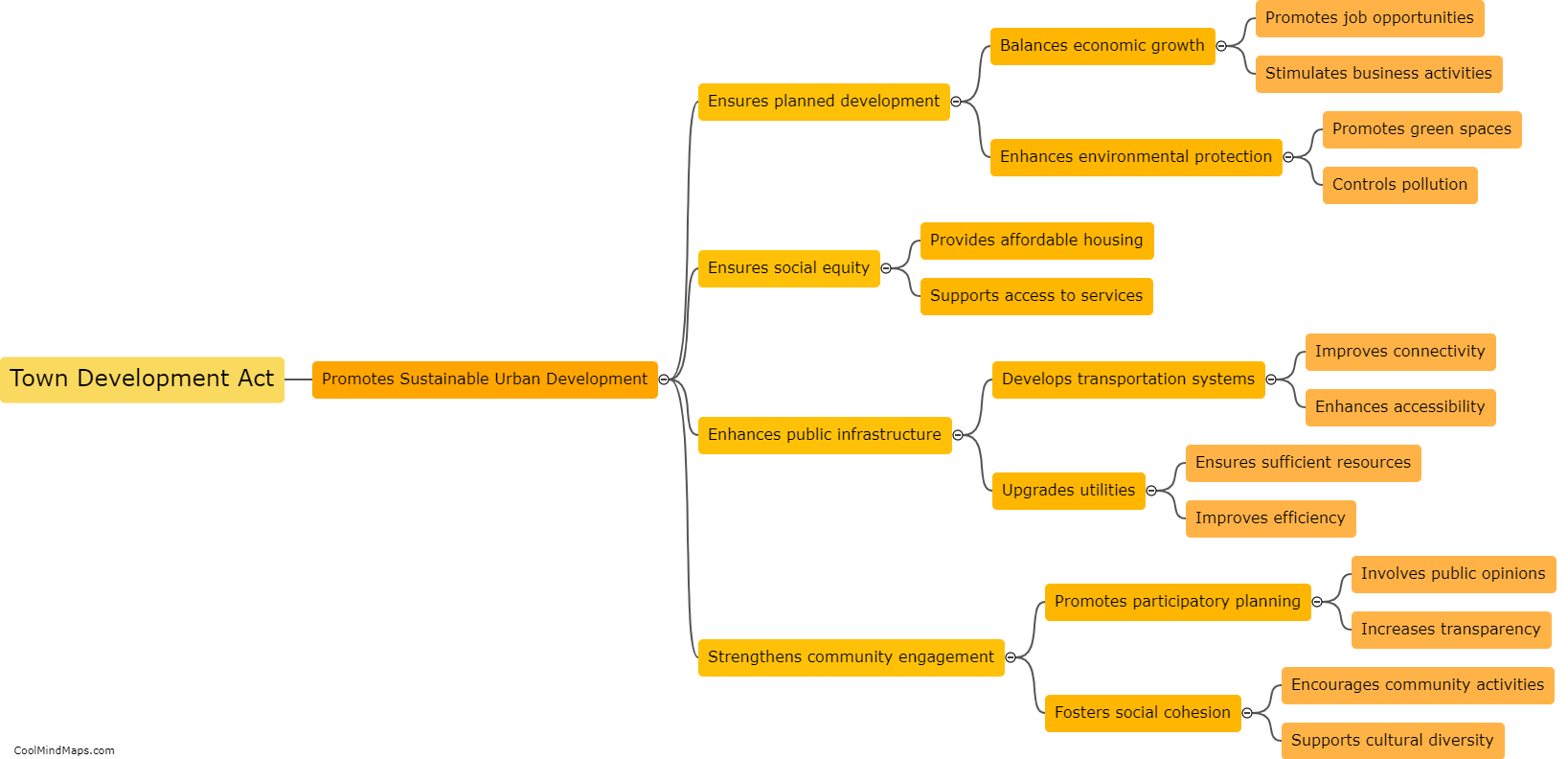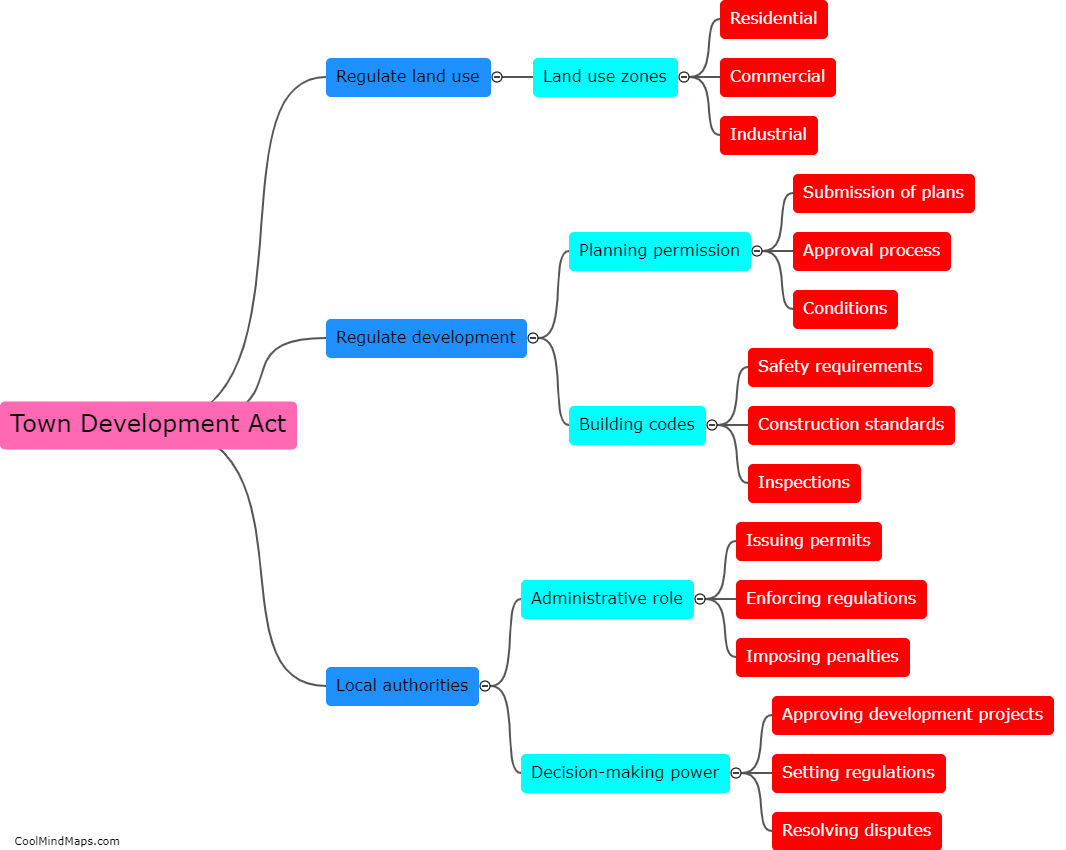What is wave-particle duality?
Wave-particle duality is a fundamental concept in physics that describes the intriguing dual nature of particles and waves. According to this principle, matter and energy can exhibit both wave-like and particle-like properties. This means that particles, such as electrons or photons, can display characteristics of waves, such as interference and diffraction, while waves, such as light or sound, can behave as particles with discrete energy and momentum. This puzzling idea was first proposed by scientists like Albert Einstein and Max Planck during the early 20th century and finds its roots in quantum mechanics. The wave-particle duality challenges our traditional understanding of physics, presenting a fascinating yet perplexing framework to comprehend the behavior of microscopic entities in the universe.

This mind map was published on 2 December 2023 and has been viewed 117 times.
